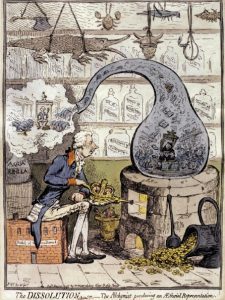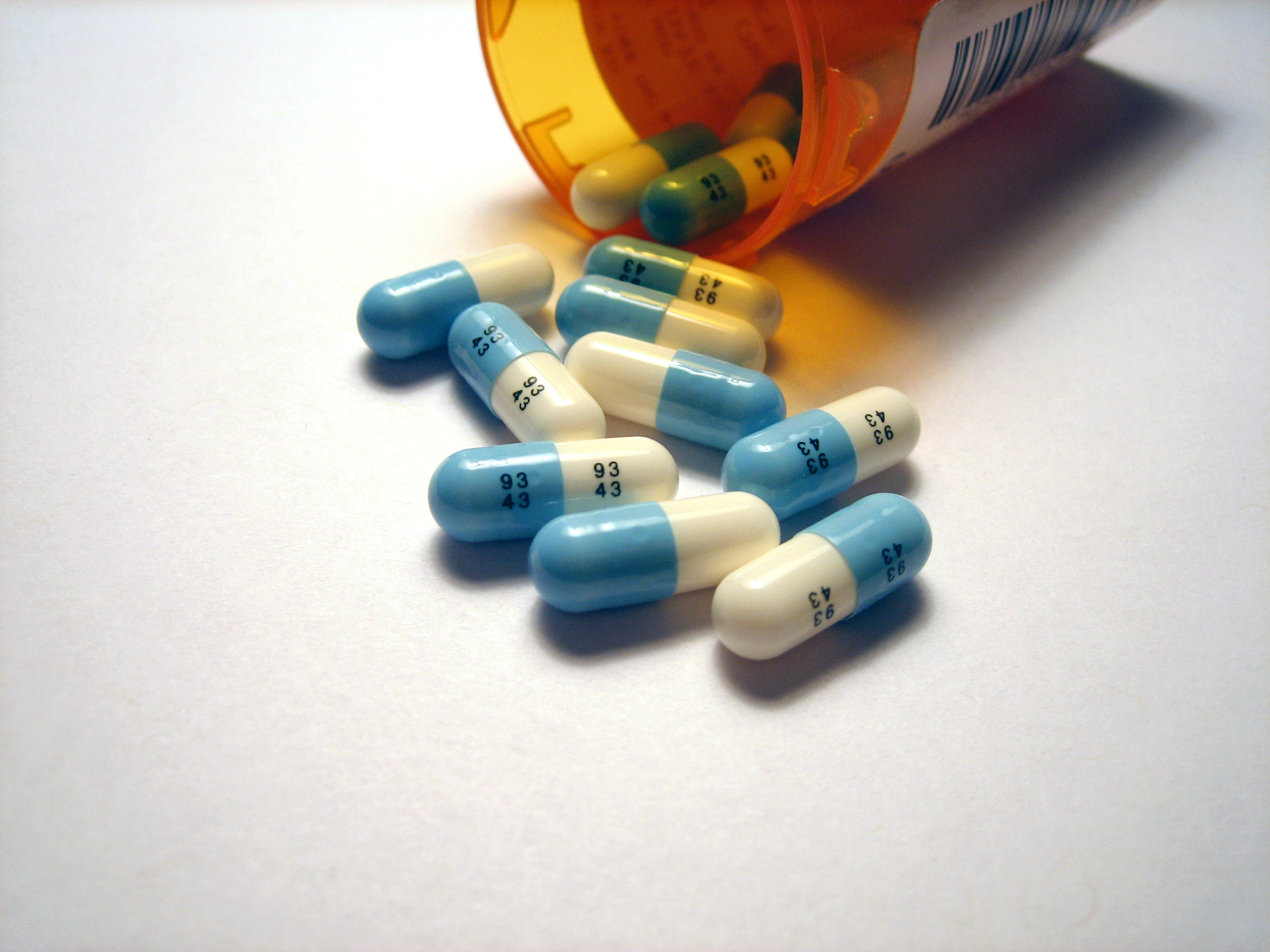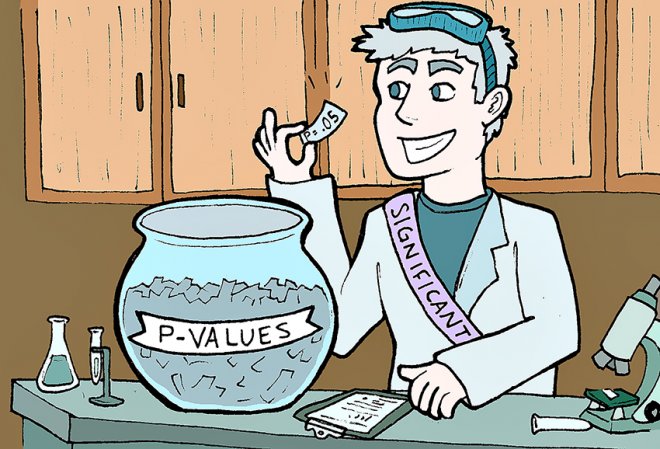 Alchemists turned lead into gold, Jesus turned water into wine, and modern-day chemists turn an illegal drug enterprise into a legal moneymaking venture. The ancient tradition of alchemy has been passed down through generations to gain a better understanding of the molecular world that makes up our physical realities. Today, chemistry is used to alter substances for a variety of reasons, and this alteration of chemical structures has brought unanticipated changes to the drug world.
Alchemists turned lead into gold, Jesus turned water into wine, and modern-day chemists turn an illegal drug enterprise into a legal moneymaking venture. The ancient tradition of alchemy has been passed down through generations to gain a better understanding of the molecular world that makes up our physical realities. Today, chemistry is used to alter substances for a variety of reasons, and this alteration of chemical structures has brought unanticipated changes to the drug world.
In response to the unforgiving drug laws that characterize society, research chemicals have made their way onto the national market. These chemicals mimic the effects of illegal drugs by remaining chemically similar but not identical to illicit drugs. The Controlled Substances Act attempts to cover research chemicals by banning compounds that are “substantially similar” to the chemical makeup of Schedule I and II drugs. Although these chemicals are seemingly illegal under a federal statute, they are still manufactured, sold, and possessed by many people throughout the world with relatively no enforcement of the law. In addition to this lack of law enforcement, research chemicals remain legal under the Federal Analog Act as long as they are they not being sold for human consumption. Since these chemically homogeneous drugs remain in a legal quandary and are a profitable enterprise, there will always be aspiring chemists working to create a new drug that will inevitably be used for human consumption.
Research chemicals are usually government-funded medical research projects, but the formulas for these compounds are made readily available through scientific journals. As a result, chemists sell these drugs on the “gray market.” These drugs end up in the hands of people looking to get a legal fix that puts them in much less danger of being arrested. Although the main purpose of these chemicals is to gain an insight on brain functions and medical benefits, the de facto trade of these drug alternatives is growing. While most of these chemicals are legal, their effects and potential medical benefits are not fully understood.
In a recent interview with Vice, a young chemist named Mathias provides some insight on the safety of these chemicals. According to Mathias, the majority of these chemicals have never undergone any sort of toxicological tests on any animal. Also, the sellers are not worried about the safety of their clients. Their main goal is to make money in the field that they have expert skills in. In order to avoid liability, the sellers write “not for human consumption” on their products. The sellers either want to discourage all humans to use their untested product or, more likely, want to avoid being sued for deaths or other malfunctions that the chemical might cause. Either way, these chemists understand that their products have never really been tested, and they do not understand the full effects of the chemical that they made in a remote science lab. This apparent skepticism of the sellers is cause for concern.
In 2004, the most vicious attack on research chemicals was launched by the Drug Enforcement Agency. The DEA conducted a large-scale investigation on research chemicals named Operation Web Tryp in order to further explore this drug trade. Since the drugs were being marketed for academic research, this potentially prosecutable drug trade came to be known as the “research chemical” trade. In their investigation, the DEA concluded that two deaths and 14 hospitalizations were linked to these chemicals. As a result, the websites that were investigated for selling research chemicals were shut down. Also, some arrests were made, which set the precedent for how to lawfully prosecute research chemicals. In this case, some of the drugs were not protected under the Controlled Substances Act and others, when intent for human consumption was demonstrated, were not protected under the Federal Analogue Act.
As of now, the effects of research chemicals are not fully understood, but their main purpose is a valiant one. The only repercussion is that these drugs can be sold to anyone with access to the Internet, which can have deadly ramifications. If these chemicals were closely watched and intended for only academic research, then the positives outweigh the negatives. However, when looking at these chemicals in the context of mass production and monetary benefit for the people who sell them, the reverse holds true.
It is in this context that an interesting question arises: Would it be safer to take the illegal version of these compounds instead? People will always use drugs, and the only way to ensure people will be safe is to allow them to take drugs that are less detrimental to their health. Research chemicals are not fully understood by anyone, and they prove to be linked to deaths and hospitalizations. Conversely, many currently illegal hallucinogens are better understood and prove to be safer than research chemicals. Psilocybin, an active compound found in “magic mushrooms,” has been shown to be incredibly safe. Studies have shown that psilocybin is not addictive and the main danger comes from misidentification. Also, psilocybin has been known to reduce death anxiety in terminally ill patients and to be an effective treatment of post-traumatic stress disorder. The medicinal benefits of psilocybin and other active compounds in illicit drugs are continuously surfacing with current research.
The world would arguably be better off without the consumption of any drugs, but the use of drugs seems to be embedded into our culture and shows no signs of slowing down. The loosening of the Controlled Substance Act would allow currently illegal drugs to be tested more often, which would allow scientists to fully understand these illegal drugs in order to explore their medicinal and therapeutic benefits. The prohibition of safe and potentially beneficial illicit drugs is perpetuating a deadly trade of untested research chemicals. As long as there are strict drug laws, there will be modern-day alchemists modifying the chemical structure of illegal drugs to create new, legal ones that will remain untested. Responsibly dealing with illicit drugs that are already widespread in the United States would undercut the research chemical industry and allow these drug compounds to be tested in a safe and progressive way.


